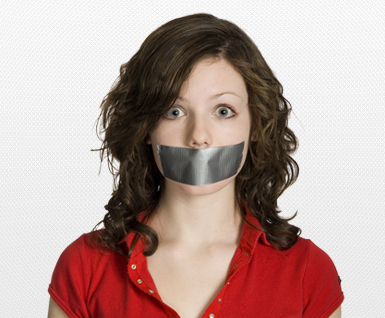-

Opening Hours
view our working time
-
Call us: +91 4936208777
+919562488777
Bad Breath
Bad breath, also known as halitosis, is breath that has an unpleasant odor. This odor can strike periodically or be persistent, depending on the cause. In many people, the millions of bacteria that live in the mouth (particularly on the back of the tongue) are the primary causes of bad breath. The mouth's warm, moist conditions make an ideal environment for these bacteria to grow. Most bad breath is caused by something in the mouth.
Some types of bad breath, such as "morning mouth," are considered to be fairly normal, and they usually are not health concerns. The "morning mouth" type of bad breath occurs because the saliva that regularly washes away decaying food and odors during the daytime diminishes at night while you sleep. Your mouth becomes dry, and dead cells adhere to your tongue and to the inside of your cheeks. Bacteria use these cells for food and expel compounds that have a foul odor.

Causes of Bad breath
Poor dental hygiene Infrequent or improper brushing and flossing can leave food particles to decay inside the mouth. Infections in the mouth Periodontal (gum) disease Respiratory tract infections Throat infections, sinus infections, lung infections External agents Garlic, onions, coffee, cigarette smoking, chewing tobacco Dry mouth (xerostomia) This can be caused by salivary gland problems, medications or by "mouth breathing." Systemic illnesses Diabetes, liver disease, kidney disease, lung disease, sinus disease, reflux disease and others Psychiatric illness Some people may perceive that they have bad breath, but it is not noticed by oral-health-care professionals or others. This is referred to as "pseudohalitosis."How to control bad breath
Cover up the odor Make it a habit to always chew on something nicely scented (like gum or candy) so that it masks your bad breath. Make sure it's sugar free, though, so you don't ruin your teeth (and possibly make the bad breath worse!). Make it a habit to use mouthwash every time you use the bathroom. If you're drinking enough water every day, that should be every hour or two. It will clear out and cover the bad breath, at least temporarily Respect personal space. When you're talking to someone, they shouldn't be able to smell your breath, unless it is quite powerful. If they can smell your breath, you're probably too close Brush your tongue and your teeth thoroughly. You may as well run the brush over the insides of your cheeks while you're at it. Over 50% of what causes bad breath is not on your teeth Floss before you brush If you floss before you brush, you'll be able to smell how bad your breath stinks and see how your toothbrush is cleaning your teeth. Keep Your Mouth Moisturized. You've probably heard this like a million times but a dry mouth is a stinky mouth.Drink a lot of liquids.Diagnosis
A dentist or physician may notice the patient's bad breath while the patient is discussing his or her medical history and symptoms. In some cases, depending on the smell of the patient's breath, the dentist or physician may suspect a likely cause for the problem. Your dentist will review your medical history for medical conditions that can cause bad breath and for medications that can cause dry mouth. Your dentist also will ask you about your diet, personal habits (smoking, chewing tobacco) and any symptoms, including when the bad breath was noticed and by whom.
You will need diagnostic tests if the doctor suspects a lung infection, diabetes, kidney disease, liver disease or Sjögren's syndrome. Depending on the suspected illness, these tests may include blood tests, urine tests, X-rays of the chest or sinuses, or other specialized testing.

